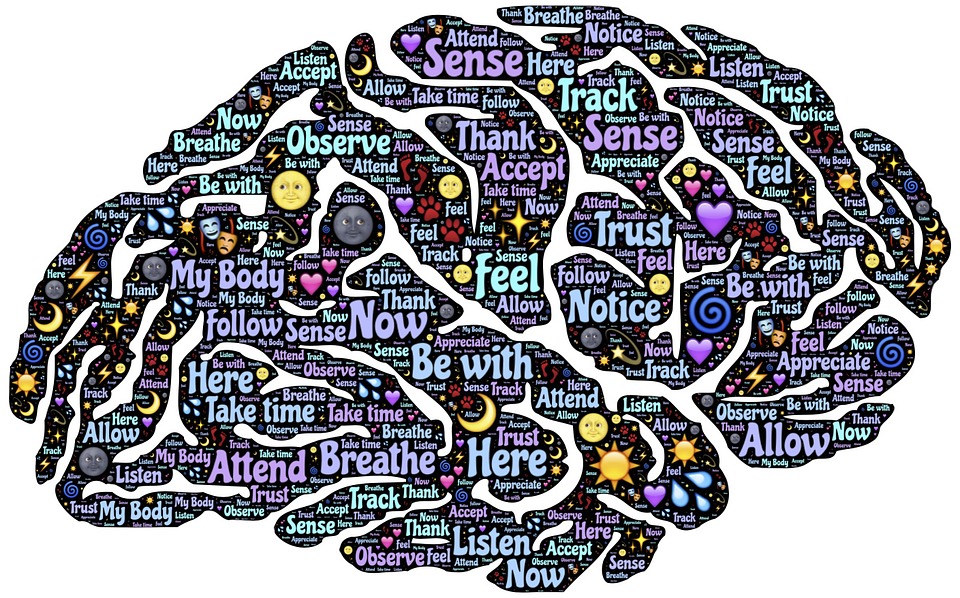Probiotics are beneficial bacteria that can improve gut health and support overall wellness. However, recent research has shown that they can also have a positive impact on cognitive function. In this article, we’ll explore the relationship between probiotics and brain health, and how probiotics can improve cognitive function.
The Gut-Brain Connection
The gut and brain are connected through a complex network of nerves, hormones, and neurotransmitters. This connection is known as the gut-brain axis, and it plays a crucial role in many aspects of health, including cognitive function. The gut is home to trillions of microorganisms, including both beneficial and harmful bacteria. These microorganisms can influence the gut-brain axis by producing neurotransmitters and other signaling molecules that can impact brain function.
How Probiotics Can Improve Cognitive Function
Here are some of the ways that probiotics can improve cognitive function:
1. Reducing Inflammation
Inflammation is a common symptom of many conditions that impact cognitive function, such as Alzheimer’s disease and depression. Probiotics can help to reduce inflammation in the body by promoting a healthy balance of bacteria in the gut and reducing the production of inflammatory compounds.
2. Supporting Neurotransmitter Production
Probiotics can support the production of neurotransmitters, which are important for brain function. For example, the probiotic strain Lactobacillus helveticus has been shown to increase the production of GABA, a neurotransmitter that can help to reduce anxiety and improve mood.
3. Improving Nutrient Absorption
Probiotics can improve nutrient absorption in the gut, which can have a positive impact on brain function. For example, the probiotic strain Bifidobacterium lactis has been shown to increase the absorption of zinc, which is important for cognitive function.
4. Reducing Stress
Stress can have a negative impact on cognitive function, but probiotics can help to reduce stress levels by promoting a healthy balance of bacteria in the gut and reducing the production of stress hormones.
The Best Probiotic Strains for Cognitive Function
Choosing the right probiotic strains is crucial when it comes to improving cognitive function. Here are some of the best probiotic strains for cognitive function:
1. Lactobacillus helveticus
Lactobacillus helveticus is a probiotic strain that can help to improve mood and reduce anxiety. This strain is particularly effective for reducing symptoms of depression.
2. Bifidobacterium lactis
Bifidobacterium lactis is a probiotic strain that can help to improve nutrient absorption and reduce inflammation in the gut. This strain is particularly effective for reducing symptoms of irritable bowel syndrome (IBS).
3. Lactobacillus plantarum
Lactobacillus plantarum is a probiotic strain that can help to improve cognitive function and reduce inflammation in the body. This strain is particularly effective for reducing symptoms of rheumatoid arthritis.
How to Incorporate Probiotics into Your Diet
Incorporating probiotics into your diet is easy and can be done in several ways. Look for probiotic-rich foods, such as yogurt, kefir, and sauerkraut. You can also take probiotic supplements orally to support your gut microbiome and overall health.
Final Thoughts
Probiotics can have a positive impact on cognitive function by reducing inflammation, supporting neurotransmitter production, improving nutrient absorption, and reducing stress levels. By choosing the right probiotic strains and incorporating them into your diet, you can support optimal brain health and wellness. However, as with any supplement or dietary change, it is important to consult with your healthcare provider before incorporating probiotics into your routine, particularly if you have any underlying health conditions or are taking any medications.







